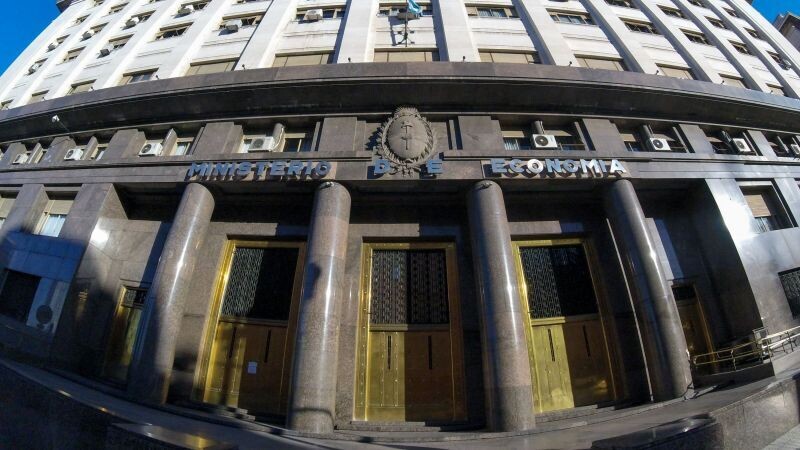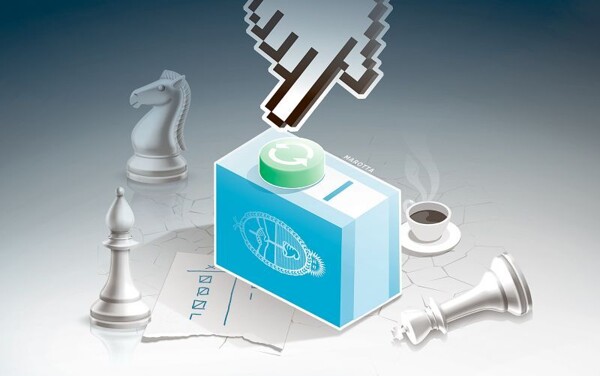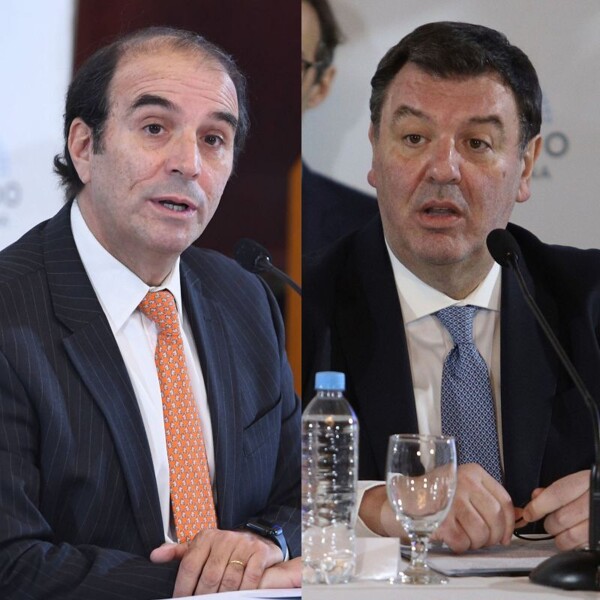
Economist Federico Domínguez believes that an investment of approximately 8 billion dollars could be sufficient to manage the dollar debt with private entities for more than a year. With this amount, Argentina could have the possibility of lifting the currency controls in 2025, increasing its reserves and significantly reducing country risk. This money would allow for interest payments while deferring principal payments and avoiding the allocation of most funds to those payments.
"The problem lies in the debt payments of 14 billion dollars without rollover, along with interest to the IMF and other organizations exceeding three billion dollars. The maturities of public securities are mainly concentrated in the first half of the year. Despite the government's denial of a currency delay, uncertainties arise regarding the basis of the funds backing the value of the peso and the accumulation of reserves," explains Domínguez.
In 2025, foreign currency maturities of public securities are expected to total 11.29 billion dollars, which will influence a context of falling export prices. According to Montagu, the good performance of the 2024 harvest contributed to maintaining exchange rate stability, although a smaller impact is expected this year due to drought and rising imports.
Haroldo Montagu, chief economist at Vectorial, anticipates that the injection of funds will likely occur after the legislative elections and emphasizes that the key variable in 2025 will be the dollar price. Negotiations with the IMF are ongoing, but still without clear definitions. Domínguez agrees that without a rollover, it would not be necessary to maintain currency controls.
Argentina's economic stability will greatly depend on the decisions made regarding debt and financial policies. The possibility of receiving support from the World Bank and the IDB in an agreement with the IMF could strengthen the country's financial situation. Despite the difficulties, there are expectations that Vaca Muerta exports will help stabilize the economy, reduce inflation, and improve growth.














